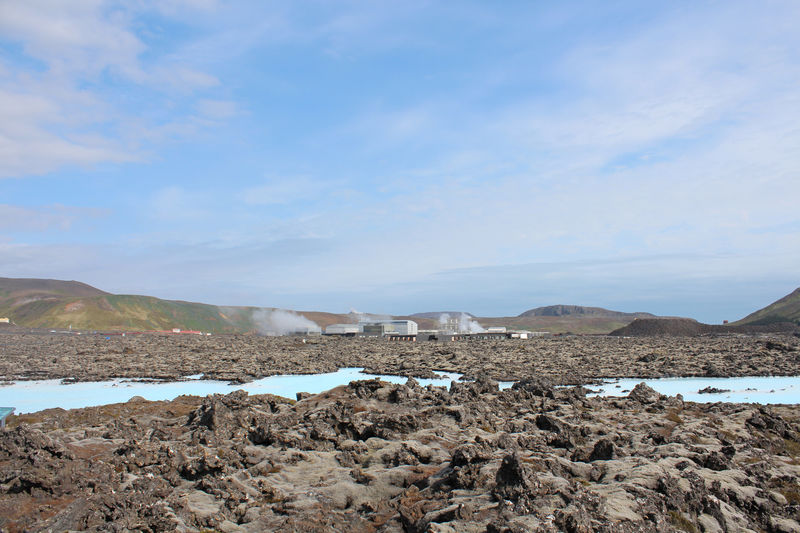By Jemima Kelly and Nerijus Adomaitis
REYKJANES, Iceland/OSLO (Reuters) - Plans to build the world's longest power interconnector from Iceland to Britain could be delayed by Britain's decision to leave the European Union, the head of Icelandic utility Landsvirkjun has told Reuters in an interview.
The two governments agreed last year to jointly study building the 1,000-kilometre-long IceLink cable that would power some 1.6 million UK homes.
"In the long-term there is no change in their interest (in importing power from Iceland), but it (Brexit) will definitely delay it, because they have to focus on other things now," Landsvirkjun boss Hordur Arnarson told Reuters.
The cost of building it and onshore transmission upgrades is seen at 3-3.5 billion euros, Finland-based consultancy Poyry and Icelandic investment bank Kvika has estimated.
A joint Iceland-UK statement published in July said that an appropriate support mechanism could provide a viable business case, but further investigation of the regulatory regime was needed.
"We need similar support to that for Hinkley Point C," Arnarson said, referring to a price guarantee offered by the UK government for power to be produced by a planned nuclear power plant to be built by French firm EDF (PA:EDF).
Since there is no power market in Iceland, electricity will have to be sold at a fixed price and under long-term contracts, he said.
The interconnector deal "would be like a power plant in Iceland, producing for the UK", he added.
Britain current supports power interconnectors under cap-and-floor schemes, which set upper and lower revenue limits.
A spokesman said Britain's Department for Business, Energy and Industrial Strategy (BEIS) would "continue to consider all available options" and kept the price guarantee idea, dubbed a contract for difference, under regular review.
Britain's dependence on imported power is set to rise towards 2020 as ageing coal and nuclear plants close.
The 1 gigawatt (GW) capacity cable from about 2027 could supply 5-6 terawatt-hours (TWh) of electricity per year, enough to meet the demand of 1.6 million British homes, Arnarson said.
UK gas and power grid operator National Grid (L:NG) said the company remained interested in the IceLink project, but said it required support from both governments.
Project developers would also need to convince critics in Iceland, who fear that local power prices will rise, reducing the country's attractiveness.
Cheap power has lured energy-hungry industries to Iceland led by aluminium producers, then data centres, and more recently silicon plants and even dedicated centres for mining bitcoin.
Three aluminium smelters consume about 75 percent of Iceland's electricity.

"It's a highly interesting project, but there are so many ifs and buts about it," said Johann Snorri Sigurbergsson, business development head at HS Orka, owner of Svartsengi power plant near Iceland's main Keflavik airport.